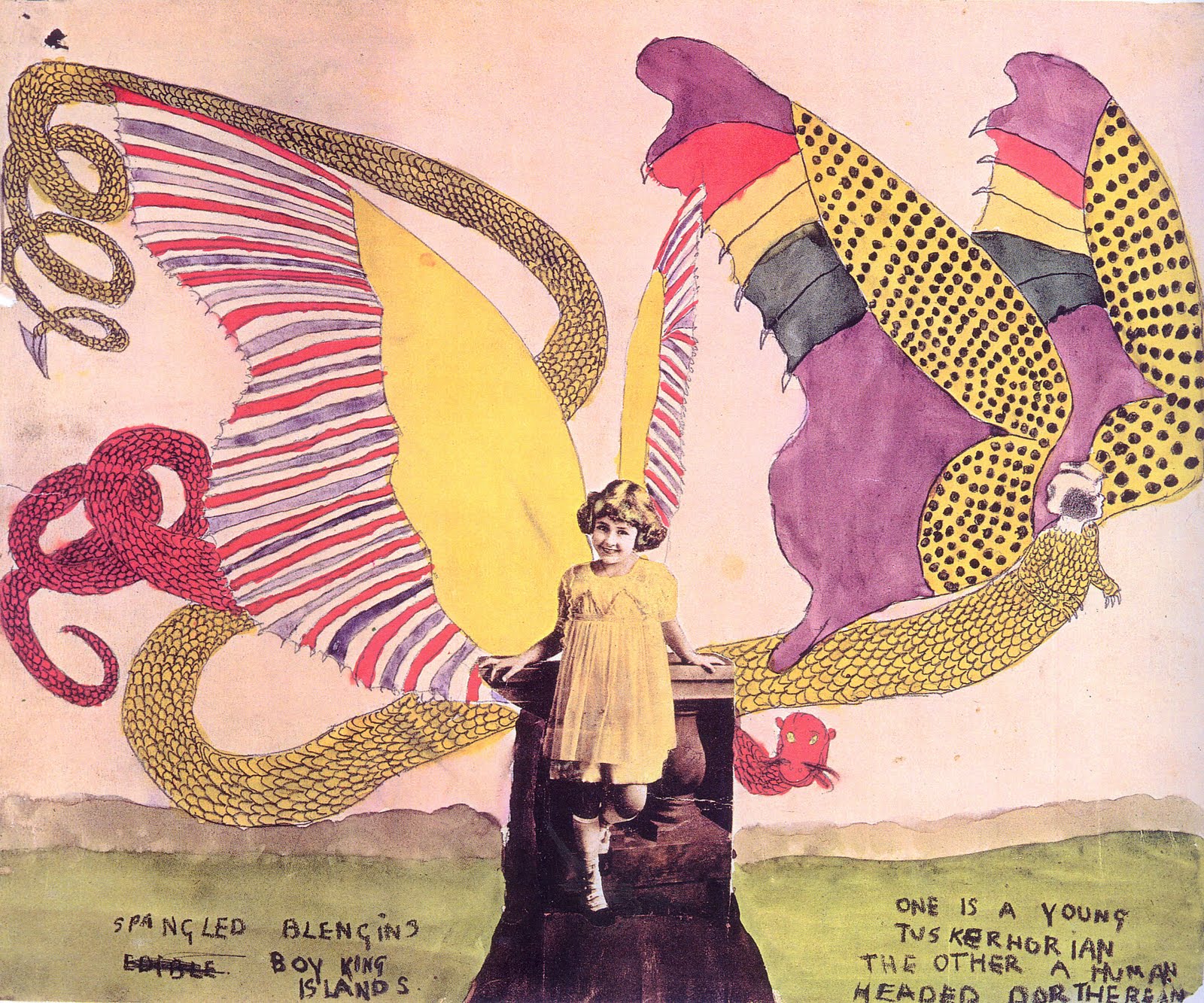Being dangerous
I.
Being dangerous seems useful.
Radiating “I’m dangerous” decreases the probability that people will treat you badly. It’s also questionable whether it’s possible to radiate “I’m dangerous” without actually being dangerous, so you might just as well.
Note that by “radiate” I mean something akin to “Don’t ask forgiveness, radiate intent”. Except that the thing you’re supposed to radiate is “if you mess with me, you will face consequences”.
Peterson talks about this in his “Personality” lectures, but it’s hard to point at a specific place. The Last Psychiatrist talks about this “When Was The Last Time You Got Your Ass Kicked?”, so let’s look at that.
Setup:
[...] Louie CK and a date end up at a late night donut shop. Five teens roll in, obnoxious and expansive, and Louie turns and tells them to keep it down.
One teen comes over and threatens Louie. He does it in the pseudo-friendly, control the conversation way that is 100% the sign of someone trying to size you up; the longer it goes on, the more sure he is. [...]
“Hi, my name is Sean. What’s your name?” And extends his hand.
Louie sighs. “Nice to meet you,” he says resignedly.
“’Nice to meet you?’ Is that your name? ‘Nice to meet you?’”
“No, it’s Louie.”
“Oh, Louie. Hmm. Hi, ‘Loo-ey.’” [Smirks.]Etc. It escalates to threats, “tell me, Louie, how long has it been since you’ve had your ass kicked?” and ends with the kid forcing Louie to beg: “Please do not kick my ass.”
Right before he leaves, the kid says, “that was painful to watch.” He’s right.
Observation #1:
The question no one ever asks is: how did the 17 year old know he could pick on you?
Observation #2:
An observation about the middle class: they have it deep inside their psyche that though they are taught to make prejudicial judgments based on hearsay, they are not allowed to show that they made them. The middle class think they are lawyers.
That kid was up to no good. You knew it as he walked to Louie’s table, even before he opened his mouth. You knew it. But Louie/we were constructed to act only on what happens, not what you think is happening. Since the kid was polite, Louie had to be polite back, even though the kid was obviously being a bully – you’re not allowed to respond to that. “Hey, I was just being friendly!” And prove he wasn’t. The kid offers to shake Louie’s hand, “Hi, I’m Sean,” and Louie has to shake it because so far the kid is being polite. We relate things to our future cross examination: “isn’t it true, sir, that sticks and stones can break your bones but names can never harm you?”
Resolution:
Back to Louie. When that kid appeared at his table, everyone knew why he was there. So this is how the scene should have gone, though I’ll admit it wouldn’t have been theatric enough for TV:
“Hi, my name’s Sean, what’s your name?”
“Get your punk-ass away from me, I don’t want to know you.”
II.
I suspect that “how did the 17 year old know he could pick on you?” can be applied to a great deal of things.
How did that girl knew she could cut in line in front of you? How did that guy know he would get away with that joke he made at your expense? Also, how did you end up working on the weekend again?
How do other people manage to keep winning over you in the game of chicken?
Dostoevsky, Notes from Underground:
Sometimes on holidays I used to stroll along the sunny side of the Nevsky [...] I used to wriggle along in a most unseemly fashion, like an eel, continually moving aside to make way for generals, for officers of the guards and the hussars, or for ladies. At such minutes there used to be a convulsive twinge at my heart, and I used to feel hot all down my back at the mere thought of the wretchedness of my attire, of the wretchedness and abjectness of my little scurrying figure. [...]
[The officer], too, turned out of his path for generals and persons of high rank, and he too, wriggled between them like an eel; but people, like me, or even better dressed than me, he simply walked over; he made straight for them as though there was nothing but empty space before him, and never, under any circumstances, turned aside. I gloated over my resentment watching him and ... always resentfully made way for him. It exasperated me that even in the street I could not be on an even footing with him.
‘Why must you invariably be the first to move aside?’ I kept asking myself in hysterical rage, waking up sometimes at three o’clock in the morning. ‘Why is it you and not he? There’s no regulation about it; there’s no written law. Let the making way be equal as it usually is when refined people meet; he moves half-way and you move half-way; you pass with mutual respect.’
But that never happened, and I always moved aside, while he did not even notice my making way for him. And lo and behold a bright idea dawned upon me! ‘What,’ I thought, ‘if I meet him and don’t move on one side? What if I don’t move aside on purpose, even if I knock up against him? How would that be?’ This audacious idea took such a hold on me that it gave me no peace. I was dreaming of it continually, horribly [...]
III.
Wearing a tie might help. Also posture:
As you sit there reading this, imagine that for some reason quick and powerful action might be required at any minute. Perhaps there are predators on the horizon and you need to scan near and far to see if one is approaching. Prepare to exit your chair and sprint out of the room if necessary.
Now examine your posture. You are probably sitting nearer to the edge of your seat and not using the back support. Your feet are probably arranged with a solid connection to the floor. Your pelvis is actively engaged with its base of support on the chair. Your spine is well balanced over the pelvis and ready to move in any direction. Your head and arms are free to move.
IV.
What might help even more is having a value system.
A stupid value system also works, it just has to be consistent. It’s hard to argue with somebody who is 100% sure they are right, because if you get defeated, you will spend the whole day brooding and who wants that? Better keep arguing with them in your head – this way you get to win without either of you suffering any real-world consequences (other than them getting what they wanted).
Kegan’s stage 4 is relevant here.
V.
A similar, but distinct, concept to “radiating dangerousness” is “radiating authority”.
Try proving to a kid that stealing is bad – without sitting them down and saying “Okay, class, welcome to Philosophy 101”. Actually, even if the kid is really bright and you are allowed to go Philosophy 101 on them, you still can’t. This is, like, a Hard Problem.
So, if you subscribe to “I must always be able to justify everything from first principles!”, even a kid can beat you in a debate, and we are back to square one. If you don’t subscribe to it, at some point you have to say “you can think whatever you want, but you should be doing X”. This is authority. And if you haven’t rehearsed this phrase, along with its variations, really well, then you are screwed.
(Bonus points for saying “you should be doing X because Y”, grab the Y from the value system shelf above.)
Open questions
Radiating your value system is useful because it makes you dangerous but not threatening: “here’s my value system, here’s what is unacceptable, if you don’t do anything unacceptable you have nothing to fear”. What other things can make you less threatening?
Why is falling back on “you should be doing X” scary? At which point does “you have to justify everything from first principles” became a first principle?
How far along the way can you get just by behaving as if you have authority already? 50%? 90%?


